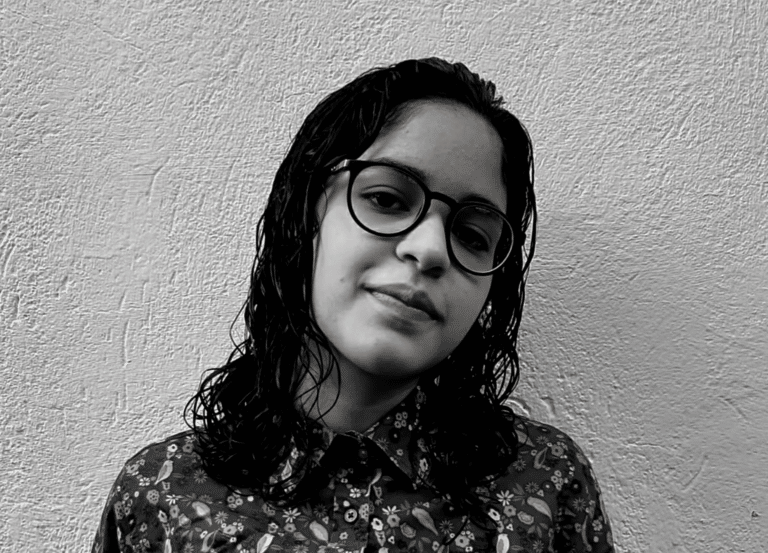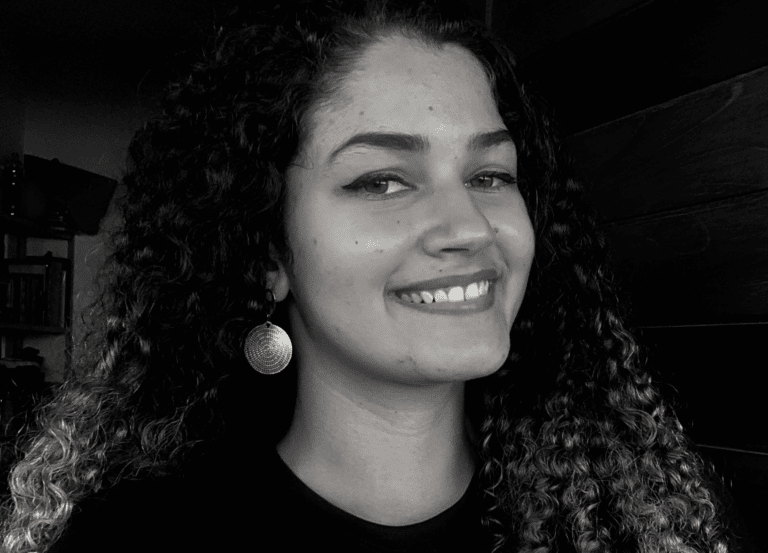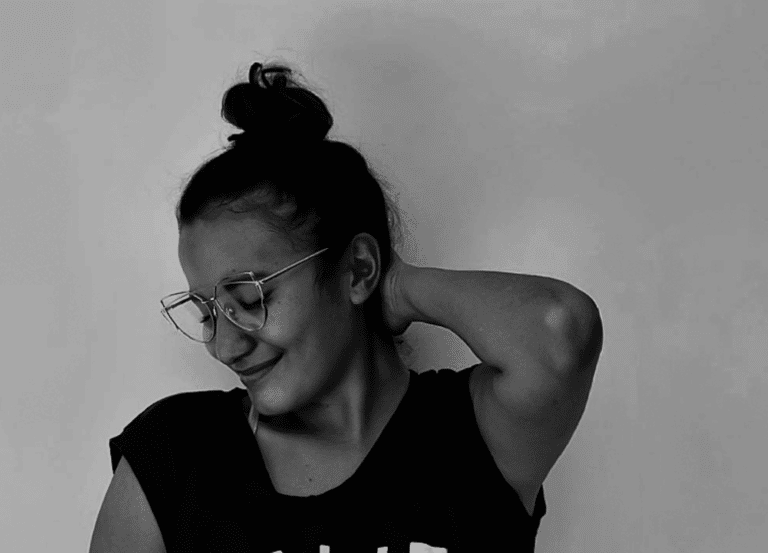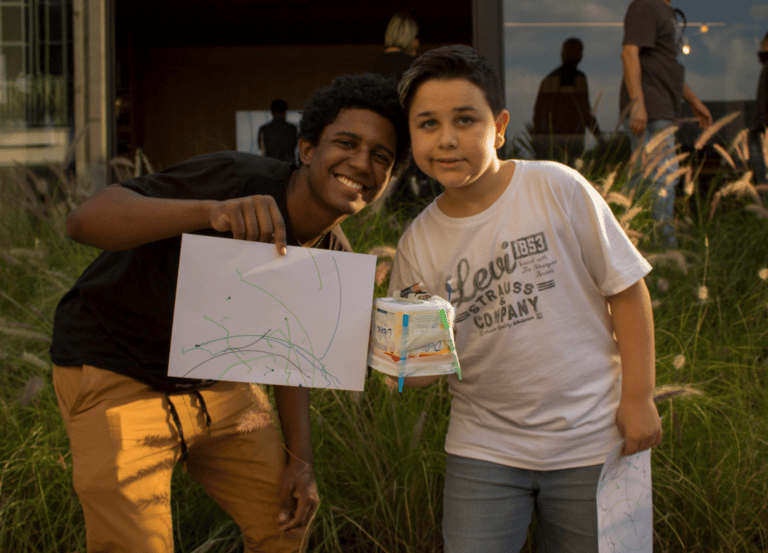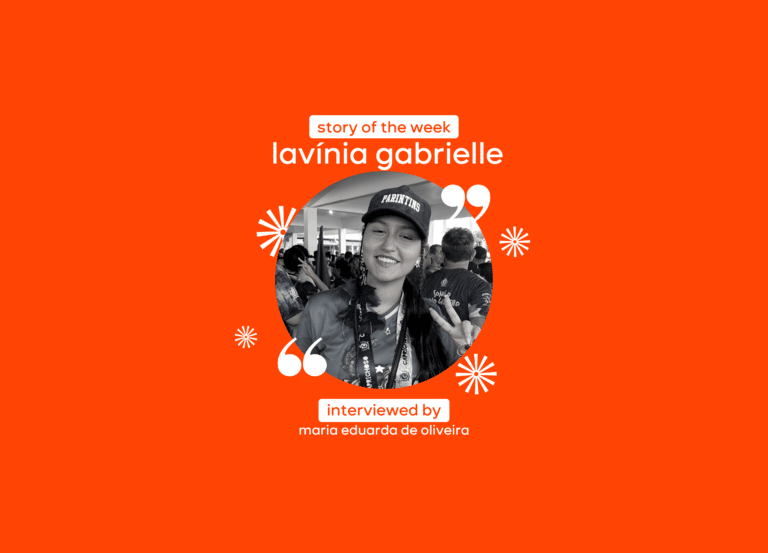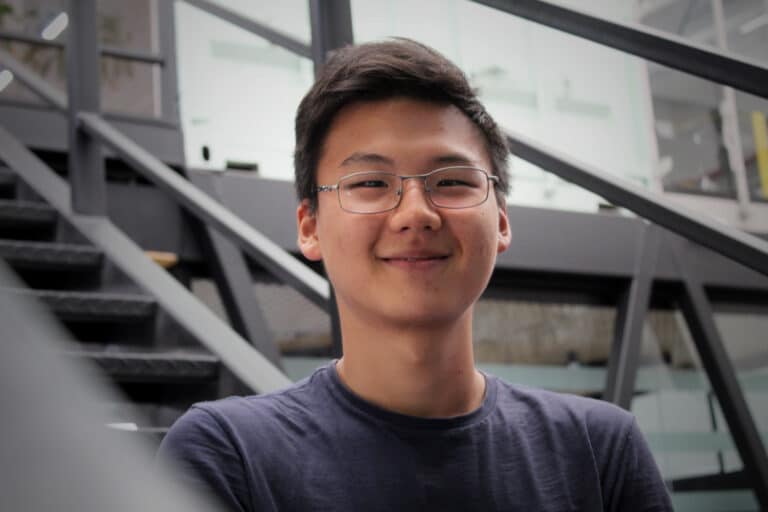Interview with Pedro Borges, a technology and language enthusiast
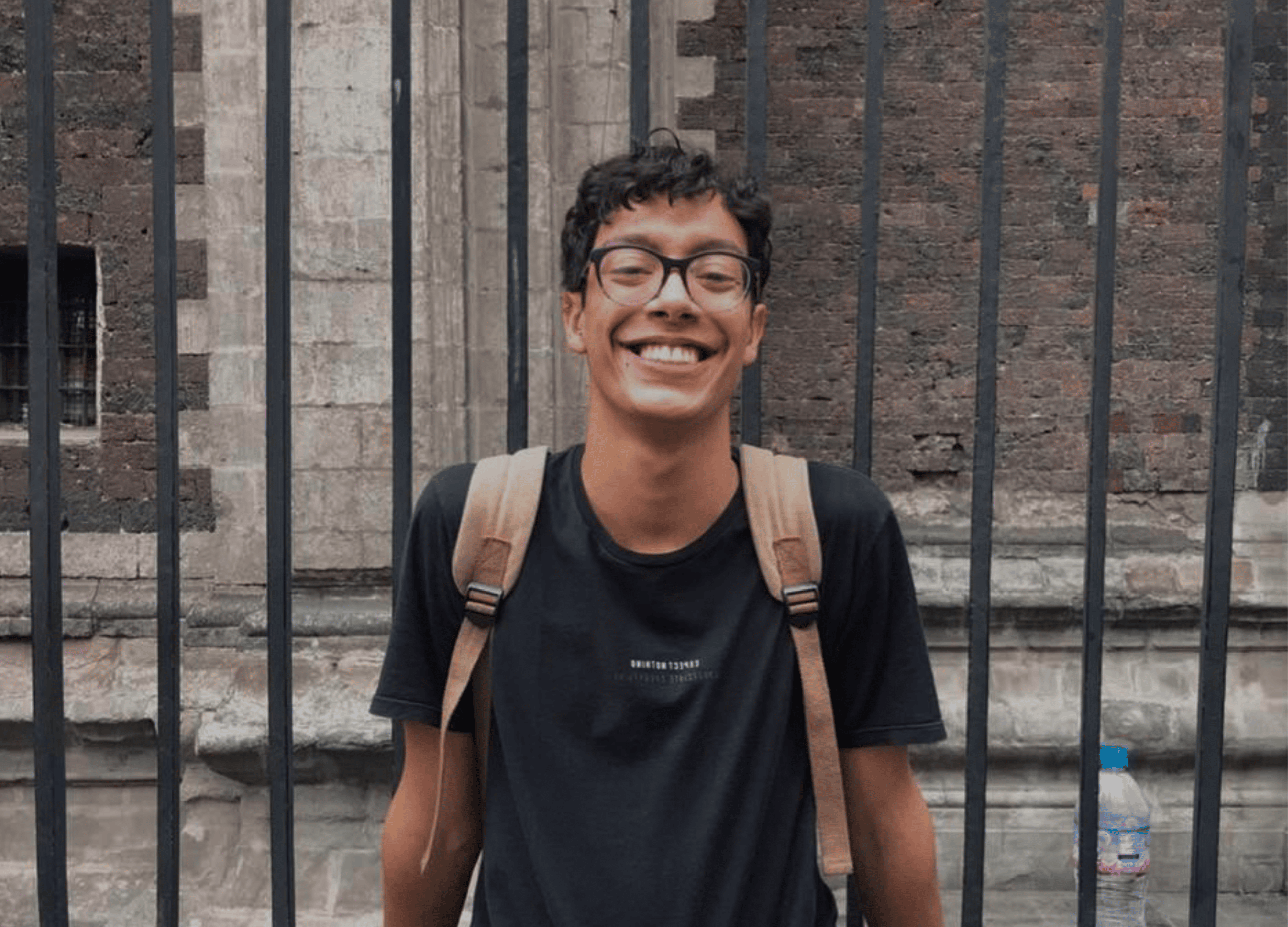
In the digital information and social media age, the barriers to industries have been lowered substantially, even allowing teenagers to become a part of historically professional fields. Pedro Borges stumbled upon a Facebook page about graphic design when he was just 12 years old, and the first domino of his professional life fell.
What had started as a hobby of making YouTube lyric videos about songs he enjoyed developed into an itch to make his videos pop more and look better, which is what led him to discover design pages on Facebook. He had already been involved with the video production world via Youtube and then trickled into design through Photoshop before he found the professional community of designers.
“Facebook communities were the beginning of everything,” Pedro said. “I was just an amateur, but some of the people in the Facebook groups were professionals, and that allowed me to learn, polish my technique, and create my graphic design portfolio.”
The dominoes kept on falling as someone reached out to Pedro on Facebook asking if he could help design a website, something Pedro had no experience with at the time.
“I really wasn’t sure of how to do it, but I said, ‘hmm ok, give me some time, and I’ll see what I can do,’” Pedro said. “So I looked into CSS and HTML, and I got really into coding.”
He claims his first website was not that good and was just a “simple navigation bar with the information he wanted,” but it functioned as a way of putting what he was studying in his free time to tangible use, which excited Pedro.
It was perhaps the most significant step in his professional development, as he became enthralled by the limitless possibilities programming and coding presented, allowing Pedro to use both his creative and analytical thinking.
As his passions began to take shape, Pedro realized he wanted to have a social impact on the world through programming. He originally wanted to create an online study platform, but he worried about that sector already being saturated and wanted to do something more unique and with an even more direct impact.
He thought back to when he was studying English as a kid in school and how he realized the power of knowing such a central language. At the same time, he noticed how Brazil’s second language, the sign language form LIBRAS, was known by very few Brazilians, and a teacher mentioned to him how there were very few online platforms for those that are hearing impaired.
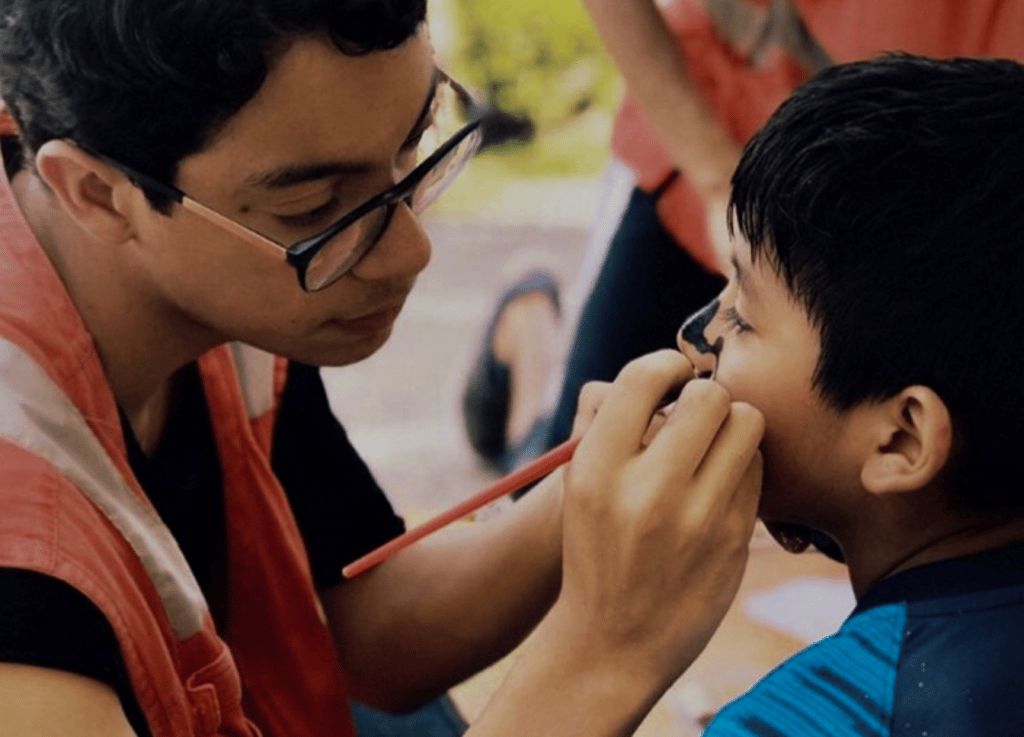
“I began a startup with a friend called BabelXXI to help people with hearing impairments learn LIBRAS,” Pedro said. “Then we entered this startup contest, INOVA Challenge for Startups, and we ended up winning second place in the education division.”
His love for languages continued as he taught himself French at home after watching a powerful French movie, and he continued on. “Teaching languages to artificial intelligence so they can develop and understand more about human communication.”
